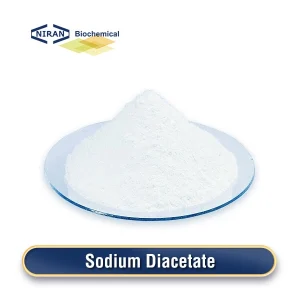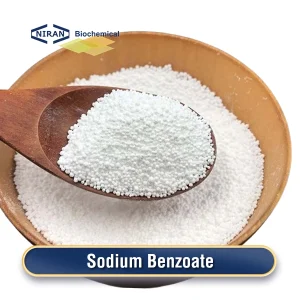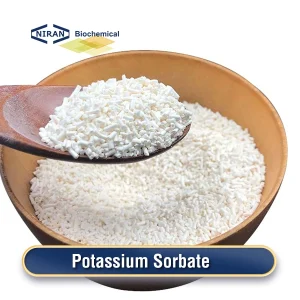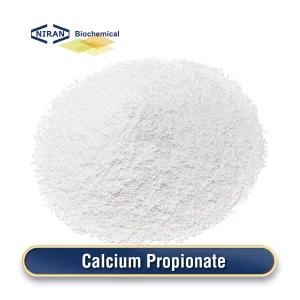Preservatives Supplier
enhance the shelf life and safety of food and cosmetic products globally.
You can get from us:
- Physical Forms: Powder, granular, and liquid.
- High Efficacy: Effective in preventing spoilage and degradation.
- Broad Spectrum: Protects against a wide range of microorganisms.
- Stability: Long-lasting preservation effects.
- Solubility: Easily integrates into different formulations.
- Non-toxic: Safe for human consumption and use.
- Odorless: Does not alter the product's natural scent.
PRESERVATIVES
Natural preservatives play a crucial role in inhibiting or retarding bacterial proliferation across various products, spanning from foods and medicines to personal care items. These compounds may originate naturally or be artificially produced.
We offer turn-key formulations and ingredients for your natural food preservatives, such as potassium sorbate (E202), sodium benzoate (E211), and sorbic acid (E200). With access to an extensive selection of premium ingredients, we cater to our customers with the latest recommended trends and formulations. Our solutions are fully customizable to precisely match your requirements. If you’re looking to buy preservatives in large quantities, we provide comprehensive solutions tailored to your requirements.
FEATURED PRODUCTS
TYPES OF PRESERVATIVES
Preservatives are chemical agents designed to inhibit spoilage and degradation in items like foods, medicines, and cosmetic products. Based on their chemical properties, preservatives can be broadly classified into categories such as acidic preservatives, ester preservatives, and inorganic salt preservatives. Below are some common preservatives listed under these categories:

Acidic Preservatives
Acidic preservatives work mainly by lowering the pH value on the surface of the food, thereby inhibiting the growth and reproduction of microorganisms. Common acidic preservatives include:
- Benzoic acid: Suitable for acidic foods like sauces and yogurt.
- Sorbic acid: Commonly used in beverages, juices, etc.
- Acetic acid: Commonly used in pickled products and some beverages.
- Citric acid: Widely used in beverages, candies, frozen foods, etc.

Ester Preservatives
Ester preservatives are ester compounds derived from acidic preservatives. They usually have good preservative effects and lower toxicity. Common ester preservatives include:
- Parabens (such as Methylparaben and propylparaben): Used in cosmetics, personal care products, etc.
- Sorbates (such as Potassium sorbate and sodium sorbate): Used in food and cosmetics to improve preservative effects.

Inorganic Salt Preservatives
Inorganic salt preservatives work by changing the growth environment of microorganisms, inhibiting their growth. Common inorganic salt preservatives include:
- Nitrates and Nitrites: Mainly used in meat products for preservation, such as ham and sausage, to prevent the growth of botulinum bacteria.
- Sulfates: Such as Sodium sulfate and potassium sulfate, are used in some processed foods.
- Phosphates: Such as Sodium phosphate and potassium phosphate, used in meat products and beverages, serving both as preservatives and to improve the texture of food.
APPLICATIONS OF PRESERVATIVES
Preservatives find extensive application in various sectors of the food industry, including bakery, dairy, beverages, confectionery, and more. Here are some of their main applications to help you understand them better so you can find the right product from us.
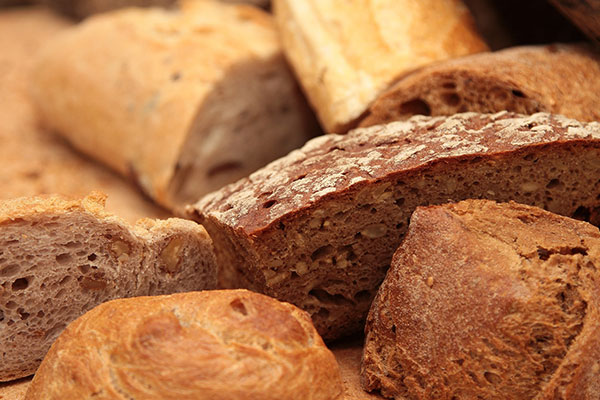
Baked Foods
Preservatives like calcium propionate are used in bread and cakes to prevent mold and bacterial growth.

Dairy Products
Nitrates and sorbates are used in cheese and yogurt to inhibit the growth of harmful bacteria and fungi.
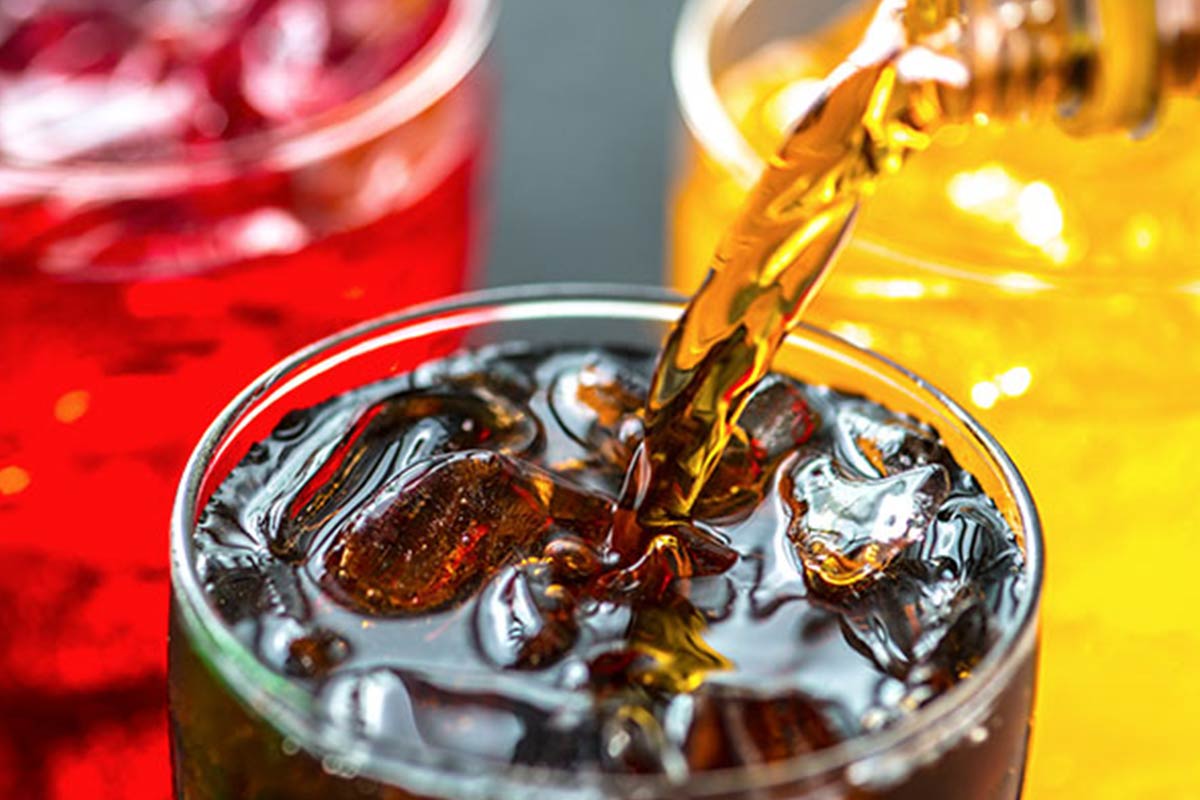
Beverages
Sodium benzoate and potassium sorbate are commonly used in acidic beverages like sodas and fruit juices to prevent microbial growth.
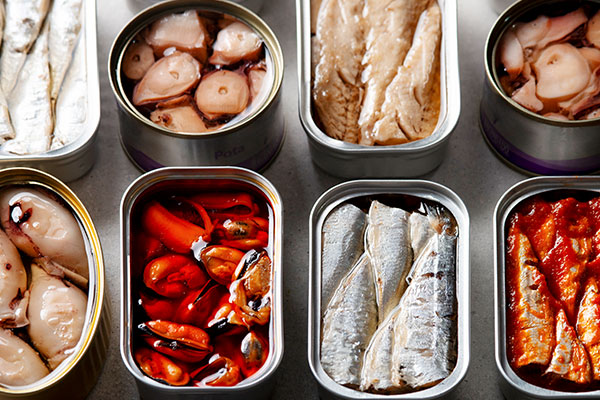
Processed Foods
Nitrites and nitrates are used in processed meats like bacon and sausages for preservation, to retain color, and to prevent the growth of botulinum bacteria.
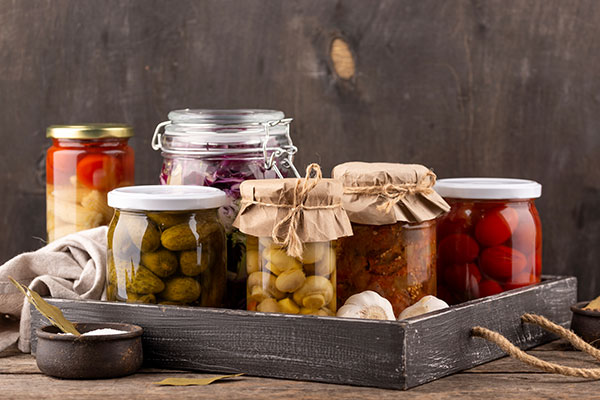
Canned and Jarred Foods
Various preservatives, including citric acid and calcium chloride, are used in canned vegetables and fruits to prevent spoilage and maintain texture.
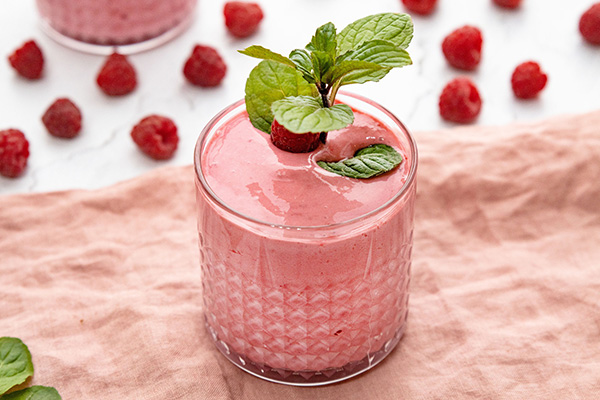
Snack Foods
BHA and BHT, commonly utilized in snack foods such as chips and crackers, serve to inhibit the development of rancidity in oils and fats.
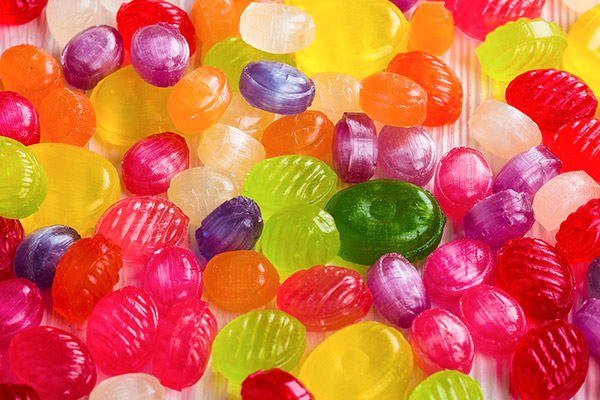
Confectionery
Parabens and sulfites are used in candies and dried fruit products to extend shelf life and maintain color.
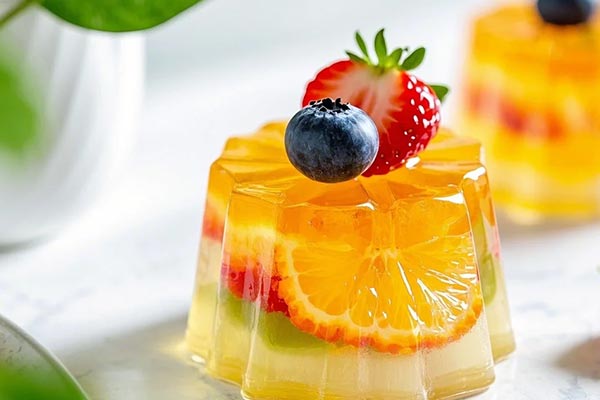
Jams and Jellies
Pectin and citric acid not only help in gelling but also act as preservatives. They establish conditions that are unfavorable for the growth of microorganisms.

Condiments and Sauces
Vinegar and salt, along with artificial preservatives, are used in products like ketchup, mustard, and pickles to inhibit bacterial growth.
FAQ
What are preservatives and why are they used in food?
Preservatives are additives incorporated into food items to hinder spoilage induced by bacteria, molds, and yeast. They extend shelf life, maintain product quality, and ensure food safety.
Are food preservatives safe?
Yes, when used according to regulatory guidelines. Food preservatives are approved and regulated by organizations like the FDA and EFSA to ensure they are safe for consumption at specified levels.
What are some common preservatives used in food?
Common preservatives include salt, sugar, vinegar (acetic acid), sodium benzoate, potassium sorbate, nitrites, nitrates, and sulfites.
Can preservatives cause allergic reactions?
Although uncommon, certain individuals may exhibit sensitivities or allergies to specific preservatives, like sulfites, leading to adverse reactions in susceptible individuals.
How are preservatives labeled in food products?
Preservatives are required to be included in the list of ingredients on food product labels. They can be listed by name or by their specific food additive number, like E-numbers in Europe.
Do natural preservatives exist?
Yes, natural preservatives include salt, sugar, vinegar, citric acid, and rosemary extract, among others.
Why are preservatives important in food processing?
Preservatives are essential for preventing food spoilage, minimizing food wastage, and guarding against foodborne illnesses by impeding the proliferation of harmful microorganisms.
Do preservatives affect the taste of food?
Most preservatives are used in small amounts and do not significantly alter the taste of food. Some, like salt and sugar, may even enhance flavor.
Is there a trend towards reducing preservatives in food products?
Yes, there is a growing consumer demand for "clean label" products with fewer artificial preservatives, leading to increased use of natural preservatives and innovative preservation techniques.

